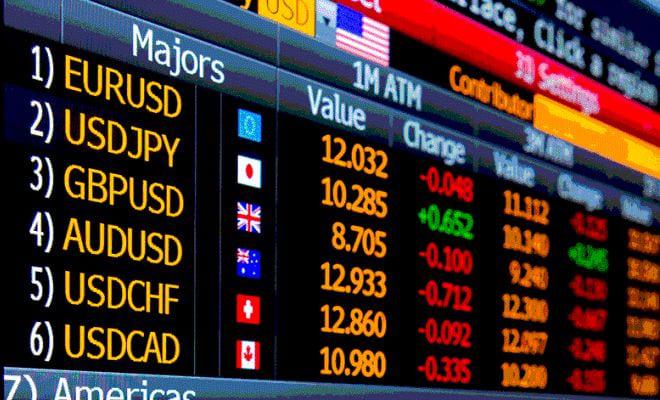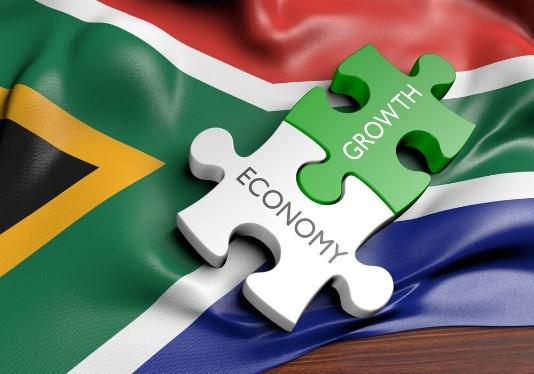
The global currency exchange is not only the biggest financial market. It is also accessible to anyone. Every day, it sees colossal volumes of currency trading as institutions and individuals aim to capitalize on trends. In South Africa, any individual can access the marketplace through local brokers and attractive Forex promotions and offers for beginners are aplenty. Here are the fundamentals of online trading.
Profit Potential
Every day, banks, organizations, and retail traders buy and sell currencies on this over-the-counter exchange. Five days a week, trading never ceases. In 2019, the daily turnover was estimated to have surpassed 6 trillion US dollars.
Over 15 million people engage in internet-assisted trading, and the number is only growing. Thanks to convenient apps and desktop terminals, physical location no longer matters. Trends can be analyzed, and positions can be managed on the go. This is only natural given the ubiquity of remote technologies. After all, if you can do shopping or pay bills through an app, why not earn via modern technologies?
Fundamentals of Currency Exchange
There are 200+ countries in the world and the sheer number of currencies is overwhelming. On Forex, trading is based on pairs, in which one currency is valued against the other. These combinations belong to the “major”, “minor”, or “exotic” category.
Classification is based on liquidity and other factors, and it may vary from broker to broker. For instance, FXTM uses the term “crosses” instead of “minors” to denote pairs without USD. Generally, majors are connected to the most powerful economies with impressive trading power. Notable examples are EUR/USD and GBP/USD. Meanwhile, “exotics” like the South African rand belong to younger economic systems.
Every pair follows the same formula: ‘base currency’/’counter currency’ (or ‘quote currency’). For example, the tradeable USD/ZAR pair shows the value of one US dollar expressed in the South African rand. Pay attention to the following:
· Two prices are shown at the same time. While the “Bid” value determines profit for the seller, the buyer pays the “Ask” price.
· The “Ask” is always slightly bigger than the “Bid”, which is in line with general sales logic.
· The difference between the two values is the ‘spread.’ It is a source of profit for the broker. The company acts as an intermediary, connecting users to the market.
The goal of any retail trader is to spot the right time to sell or buy their currency of choice. All currencies are valued against one another, and the rates are always in flux. They are affected by a wide range of events.
Both micro- and macroeconomic factors may play a role, from domestic policies to international conflicts. For example, when the price for crude oil collapses (as happened in early 2020), so do the currencies of oil-exporting nations, such as Russia or Venezuela.

What Pairs to Trade?
There is no universal recipe for a profitable Forex trade. The rule of thumb is to stick to the options you know best. For instance, if your local currency is fairly volatile, you can gain from the knowledge of the national finance trends. Keep track of the relevant news to identify the most likely future trends.
If you expect the base currency to gain value, you can purchase more lots.
In the opposite scenario, when depreciation is expected, traders tend to sell their instruments. This way, they limit potential losses and can buy back more of the same currency later.
The higher the volatility – the higher the potential short-term gains, as well as risks.
Reputable brokers provide clients with educational resources, such as tutorials, articles, and webinars. With persistence and willingness to learn, anyone can master the art of currency exchange.
Where to Begin
First, choose a trustworthy broker in your area. Make sure the company is officially licensed and supervised by state authorities (such as the Federal Securities Commission of Mauritius). The firm will not only register your account and provide the necessary tools. Once you start trading with real money, the broker will process all deposits and withdrawals. Therefore, make sure you are dealing with a legal operator.
Arm Yourself with the Right Tools
The two most popular trading software products are MetaTrader 4 and MetaTrader 5. These platforms offer a convenient system with visual aids that help with decision-making. Newbies may practice in the risk-free demo mode, which unlocks all the features in a simulated environment.
Live trading begins when you are ready to trade with real money. Both modes require a special type of account. To register, fill in a form on your broker’s website – the process is simple and fast! Experienced users expand their portfolios with other tools, such as stocks or CFDs. Overall, the opportunities are vast and they bring profit to those who are able to learn.
Tradersdna is a leading digital and social media platform for traders and investors. Tradersdna offers premiere resources for trading and investing education, digital resources for personal finance, market analysis and free trading guides. More about TradersDNA Features: What Does It Take to Become an Aggressive Trader? | Everything You Need to Know About White Label Trading Software | Advantages of Automated Forex Trading








